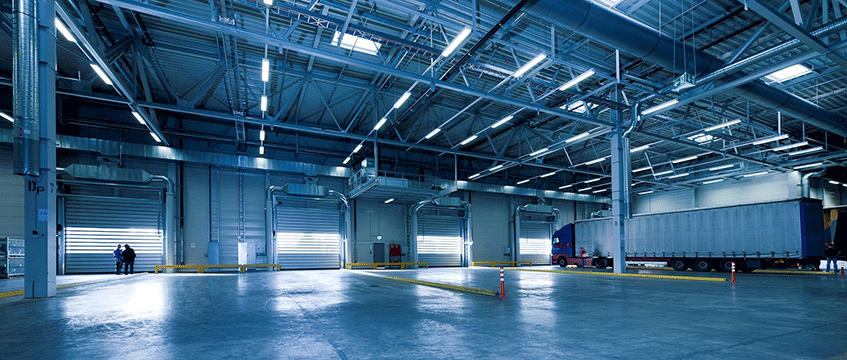The top team at Urban Logistics REIT has said it is slowing its pace of investment as it waits for fresh opportunities to come from economic uncertainty – but the company remains confident in the outlook for last-mile logistics.
The company, which moved into the FTSE 250 index earlier this year, has reported results for the 12 months to 31 March, which included a near-60% boost year-on-year in net rental income to £36.5m; a rise in total property return to 30.3% from 17%; and a 261% leap in pretax profit to £172m. The value of the company’s portfolio doubled over the year to more than £1bn.
The company raised £358m in fresh equity during the year and sealed £282m of acquisitions but said it would now take a cautious approach to new purchases given market conditions.
“Despite [economic] uncertainty, the occupational demand for the kind of assets we invest in remains strong, and the supply of suitable properties remains tight, with resulting upward pressure on rental rates,” said chairman Nigel Rich.
“In recent months we have slowed the pace of investment, believing that a patient deployment allows us to take advantage of opportunities in the market which were not there a year ago. While we will continue to acquire new assets in the short term using our borrowing capacity, we will target the lower end of our LTV range [of 30-40%], at least until the macro-economic climate becomes more certain.”
The company’s investment manager said market pressures were now likely to lead to a slowdown in speculative development, as well as upward pressure on rents and downward pressure on vacancy rates.
“Whether it is Covid-19, Brexit, Suez Canal blockages, petrol shortages, HGV driver shortages, or the war in Ukraine, we have been constantly reminded of the effects of supply chain shocks on our daily lives,” the investment manager said.
“Building resilient supply chains which can deal with these shocks means holding greater stock levels, and hence greater warehousing space. This has been a key driver of demand for warehousing space across the country and shows no sign of slowing down.”
They continued: “This demand-side pressure has led to a response on the supply side, as more project starts have been recorded in 2021 as compared to 2020. Nevertheless, the constraints on supply are not easy to surmount as planning for this use class is not easy to come by. In addition, build costs have been rising sharply, as has the cost of suitable land, leading new space coming to the market at well over £150 per sq ft – which is exceptionally high when considered as a replacement value for our stock, which is currently valued at £122 per sq ft.”
To send feedback, e-mail tim.burke@eg.co.uk or tweet @_tim_burke or @EGPropertyNews











